Deb Hauser of Advocates for Youth Deb Hauser has been with Advocates for Youth for 28 years, first as Director of the Support Center for School-based Health Care, then as Executive Vice President. In January 2012, Deb became the organization’s fourth President and Executive Director, representing Advocates with the media, funders and colleague organizations and speaking nationally and internationally about young people’s rights to honest sexual health information, confidential sexual health services and equitable social and economic opportunities. She has been at the center of numerous innovations in the field of adolescent sexual health, including: co-founding the Future of Sex Education-an initiative producing the first-ever National Sexuality Education Standards; designing an innovative HIV/AIDS prevention and testing-to-treatment program on Historically Black Colleges and Universities; expanding the Great American Condom Campaign into a ground-breaking effort to normalize condom use on more than 1,000 college campuses across the U.S.; and helping to build the infrastructure of the LGBT youth movement in the Global South. Deb is committed to a cascading style of leadership that promotes youth activists as change agents and leaders in the field.
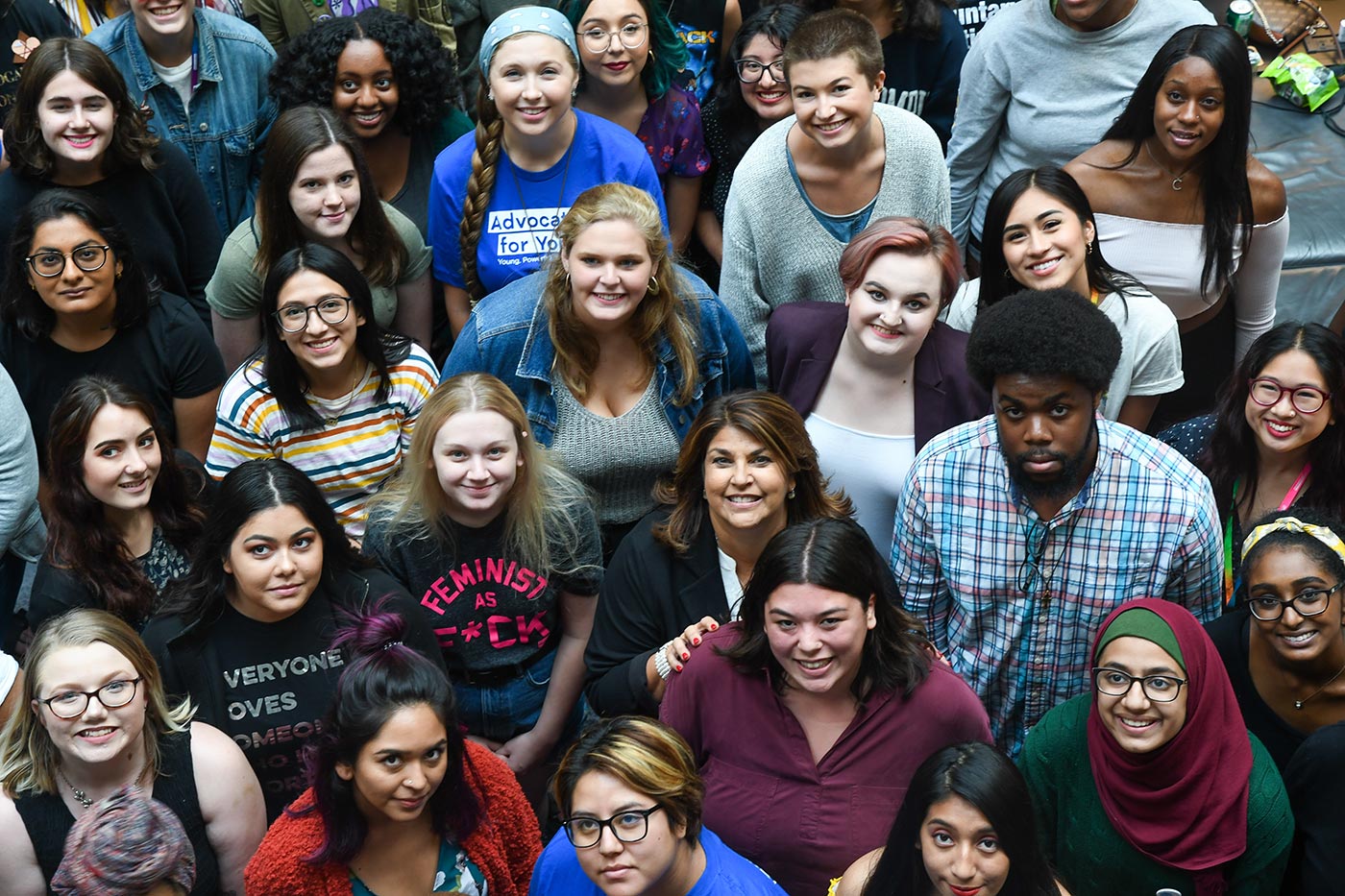
WestWind Foundation: Deb, you have been very involved in Women’s Reproductive Health and Rights organizations over the past 30 years. Why is it personally important to you?
Debra Hauser: Sexuality is a healthy, normal part of being human. Youth sexual development is a natural and important task of adolescence. But our society often sees sexuality as something outside of ourselves, something negative that needs to be controlled or conquered. This attitude contributes to policies and programs that treat young people, and even at times, grown adults—especially women—as if we have no power over our decisions and actions– that we have no agency. All people deserve honest sexual health information and access to confidential and affordable sexual health services. They also have the right to a level playing field. Sexual health is inextricably linked with economic, educational and social opportunity. Racism, homophobia, transphobia, misogyny, ageism, etc. contribute to sexual health disparities. As such, Advocates is dedicated to centering the voices, rights, and needs of those most marginalized—particularly youth of color, immigrant youth, LGBTQ youth and youth living in poverty.
WWF: Advocates for Youth (Advocates) is part of the collaboration creating AMAZE along with Answer and Youth Tech Health, why is this an important resource to your organization?
DH: Advocates has at its core the belief that young people have the right to honest, age appropriate, culturally reflective and LGBTQ-inclusive sex education. AMAZE is a wonderful resource for providing this type of sex education to young people directly. The topics we cover include everything from healthy relationships to healthy communications; menstruation to masturbation, contraception and consent, body odor to body image. Young people are hungry for honest information about these topics. But AMAZE is also designed to be used by parents, teachers and clinical providers. We know that these youth-serving adults are essential in helping young people feel connected to family and school and in empowering youth to make good decisions. Already more AMAZE videos have been viewed more than 40 million times! Young people continually tell us how important AMAZE is to them.
In addition, Advocates for Youth works both in the U.S. and internationally. AMAZE’s expansion to reach young people in countries including South Africa, Uganda, South Korea, China and more is, well. . . nothing short of amazing! It’s a joy to work with partners across the world to leverage these videos and help them adapt them for the languages and cultures of their region. What more can anyone ask for—to work with good partners and do important work that reaches millions of young people!
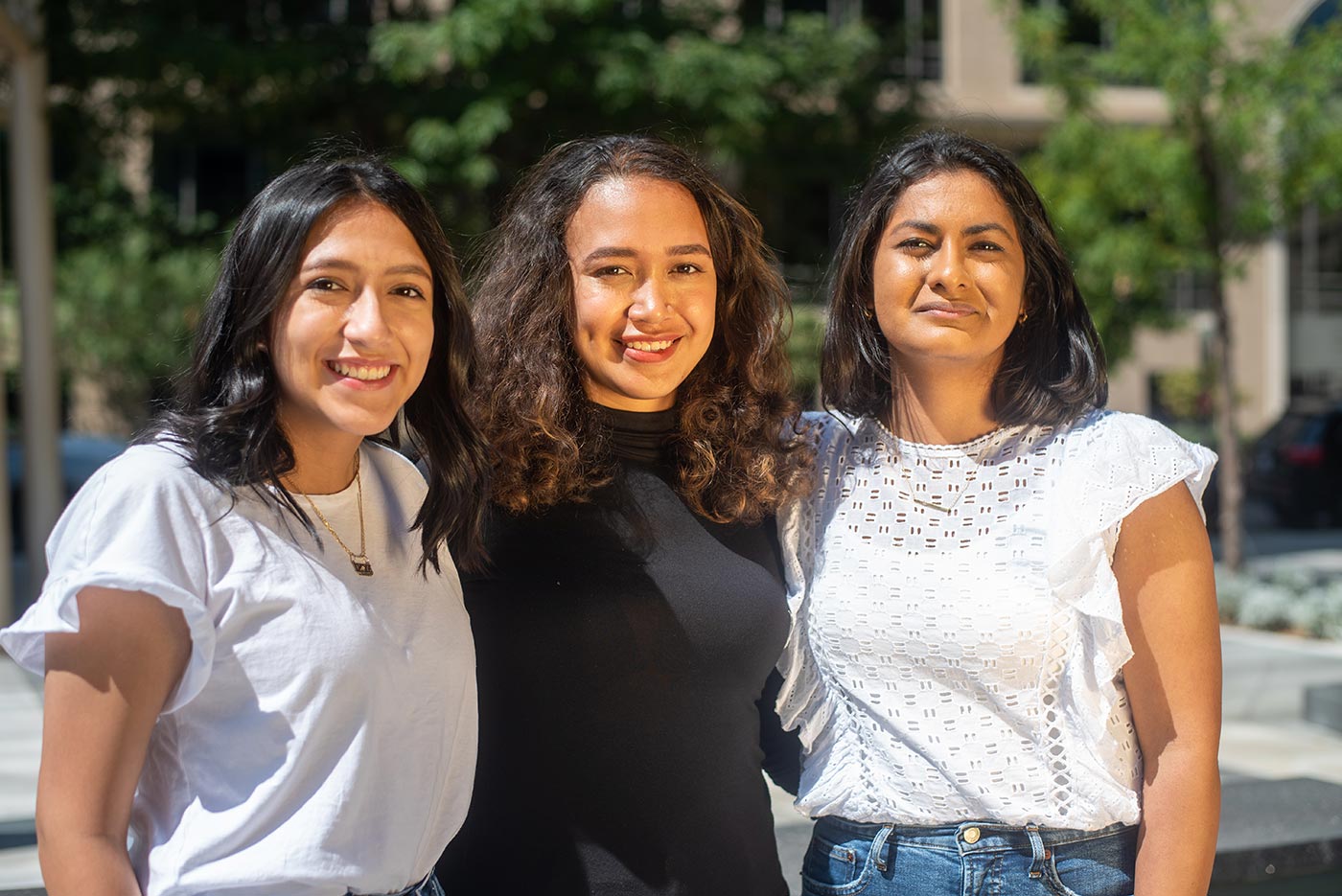
WWF: AMAZE is focusing on reaching very young adolescents. Why do you think this is an important demographic for this resource?
DH: Puberty is an essential time in the lives of young people. So much is changing—physically, emotionally and socially. AMAZE provides young people with the reassurance that what they are going through is normal. It helps them navigate the changes and feel more confident and secure in who they are and who they are becoming. Research shows that the attitudes and values these young people establish during this very critical time in their lives can help them to take personal responsibility for their sexual health as they mature and empower them to grow into sexually healthy adults.
WWF: Why is it important that the AMAZE project engage youth animators in this resource?
DH: Who better to understand and reflect the challenges of puberty and growing up than young animators?! These young people understand what tweens and teens are going through; they know how to reach them; what will engage them. So, the videos they produce are often very powerful. Also, as these young animators grow in their own careers, they will remember the work they did with AMAZE and hopefully look for ways they too can mentor and encourage the next generation of young animators.
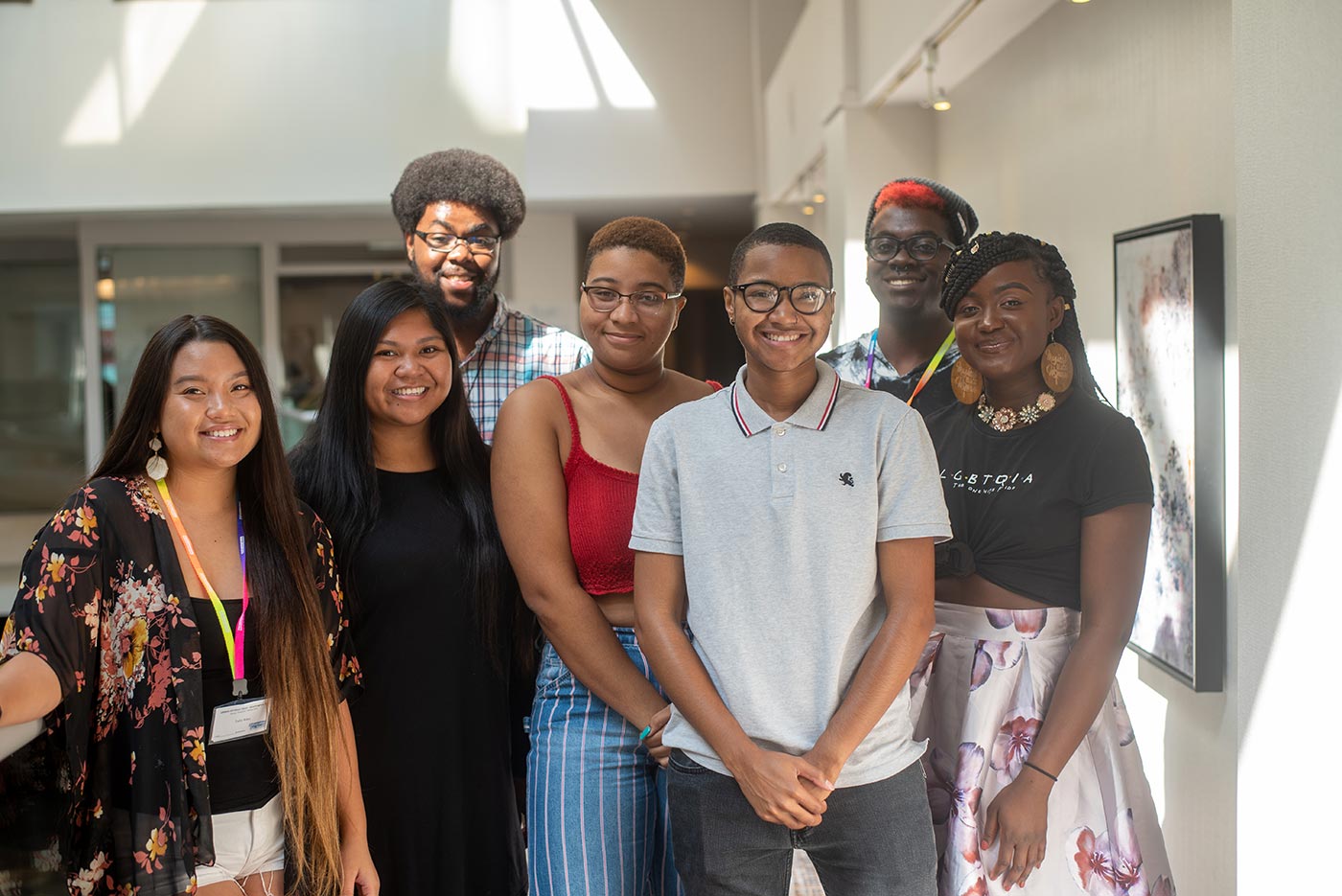
WWF: What’s the most interesting or creative thing you have seen come from one of the Youth Animators?
DH: My favorite vdeos by the young animators include: Does Pulling out Prevent Pregnancy (Withdrawal), by Lee and Eliska from Oz Animations. Boobs and More, by Rachel Gitlevich and Dress to Express by Dee Boyd. They are very different videos in tone and style from each other, but each is fantastic. The stop-motion animation style of Withdrawal is adorable, yet provides really important information young people need. Boobs and More had me laughing out loud, and I still cannot stop singing the chorus from Dress to Express!
WWF: Advocates for Youth has worked in the sex education space for many years and recently developed the 3Rs (Rights, Respect, Responsibility) curriculum for sex educators. It is the first free curriculum that fully meets the National Sexuality Education Standards. How has this resource been received in the field?
DH: The 3Rs Curriculum is amazing! It includes 80 lesson plans that are all scoped and sequenced. The curriculum is LGBT-inclusive, culturally reflective and meets the National Sex Ed Standards as well as the 16 topics recommended by the Centers for Disease Control and Prevention (CDC) as essential components of sexual health education. More than 100 school districts across the country are using the curriculum and/or its lesson plans, including 13 out of 25 of the largest school districts in the country. We estimate we are reaching more than 3 million students every year with these lessons. We are thrilled to be able to provide the 3Rs free of charge.
WWF: What changes have you seen in the sex education field in the last 5 years? What are the best ways for funders to support this work?
DH: There have been a few new trends in sex education over the past five years. One is to bring sex ed directly to youth as AMAZE does. We know older youth are also watching AMAZE. One initiative I’d like to bring to fruition is an AMAZE for high school aged young people. We know there are still schools that do not provide sex education or worse yet, offer abstinence-only programs that leave young people ill equipped to navigate sexual health. As a society, we need to provide honest, trustworthy sources of sex education that young people, including older youth, can finds where they are—online.
In addition, there has been a concerted effort to improve the quality of sex education. The Future of Sex Education (FoSE) recently published an updated version of the National Sex Education Standards (2nd Edition) revised to reflect advancements in research regarding sexual orientation, gender identity, social, racial, and reproductive justice, and the long-term consequences of stigma and discrimination. The Sex Education Collaborative (SEC), a group of 19 national and state organizations working in teacher training, published the Professional Learning Standards in Sex Education, setting out the minimum, core knowledge and skills educators need to effectively implement sex education. Advocates for Youth launched, Virtual Professional Development (VirtualPD), an on-line simulated classroom where sex education teachers can practice teaching student avatars using short scenarios and support from an instructional coach—all from the comfort of their own home or classroom. Research shows three 10-minute sessions in the simulator can produce a statistically significant increase in teachers’ skills.
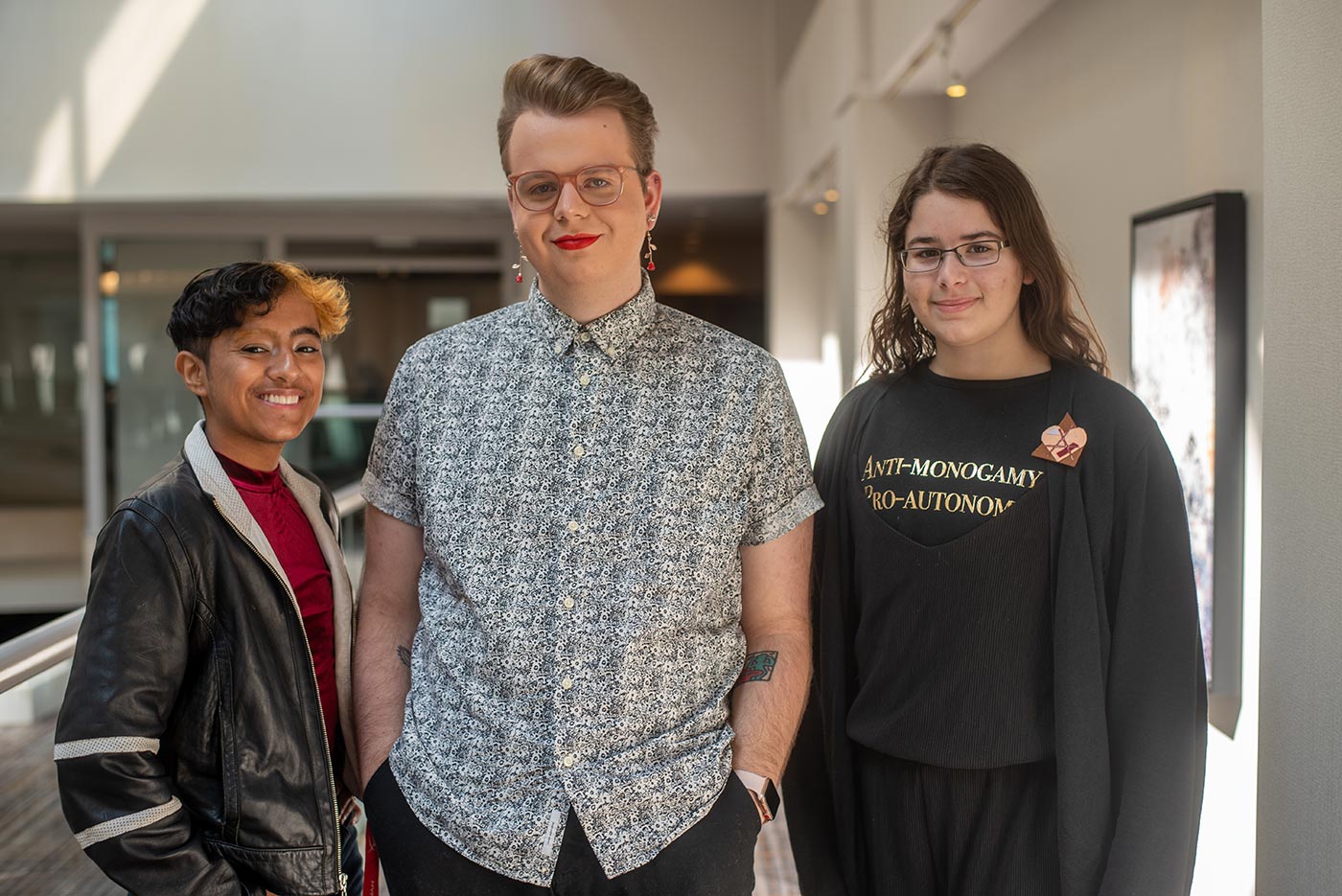
WWF: Why is it so important to build youth leaders? What can they contribute that others can’t? Can you give an example of an outstanding youth leader in the last year and what he/she accomplished?
DH: Cornerstone to the work Advocates does are our efforts to build and support youth activism and youth leadership, particularly among youth most threatened by sexual health disparities—LGBTQ youth, youth of color and youth living in poverty. We champion these efforts because we believe that youth activism helps young people build resiliency while also building their skills to shift culture and policy. Concurrently, through this work, Advocates has been able to nurture a pipeline of diverse, well trained and fierce emerging leaders for the progressive movement.
Today, as in the past, young people are on the forefront of the resistance and they are changing our world. We have had young activists successfully advocate for gender neutral student housing on their campuses; mobilize their peers in support of contraceptive access through college health centers; expose Crisis Pregnancy Centers in their communities; and advocate for enumerated non-discrimination policies at their schools, among myriad other accomplishments. Youth have provided testimony at school boards and in state legislatures about the negative impact of abstinence-only education on their lives and the lives of their peers. They are fighting for safe spaces in their middle and high schools; working with chambers of commerce to establish “no hate zones” and lobbying their city councils for resolutions that recognize National Youth HIV and AIDS Awareness Days.
Some young people that impressed me this year include, Maxine, a member of Youth Resource, Advocates’ cohort for LGBTQ youth and Lisa, a member of ECHO, our group for young people living with HIV, worked together to campaign against antiquated HIV laws in Tennessee. As a result, they were able to identify a state legislator from Memphis that introduced a bill to modernize the state’s HIV policies. They will be following up with him in the coming legislative session to help galvanize support from others in the state legislature; Courtney, a Student Organizer at University of Nevada Las Vegas, successfully campaigned to get the school’s administration to install and fund free condom bars throughout campus; and Shreya, a Student Organizer at University of Alabama Birmingham, won her campaign to make menstrual products free to university students. Shreya persuaded her student government to allocate $13,000 to install and maintain nearly 60 free menstrual product dispensers throughout campus.

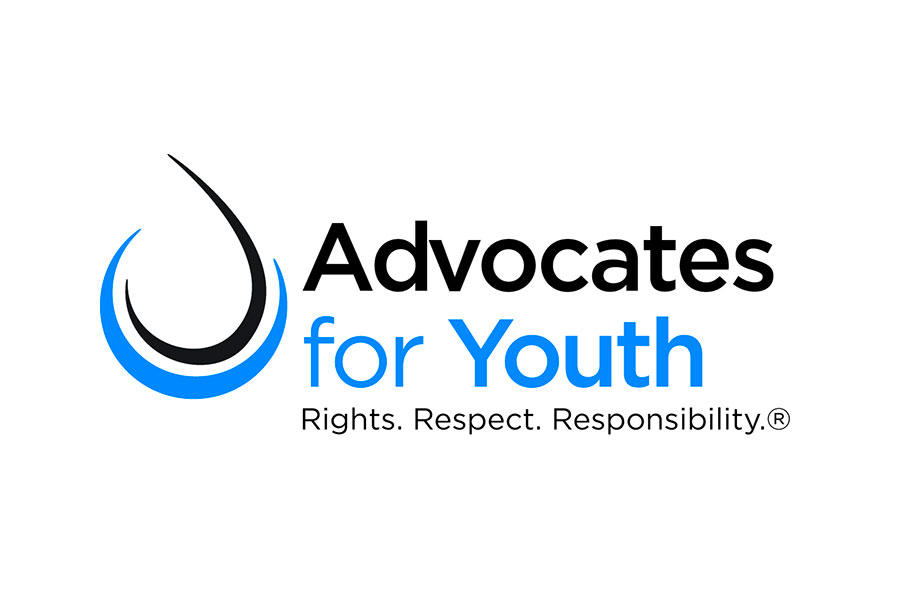
Recent Comments